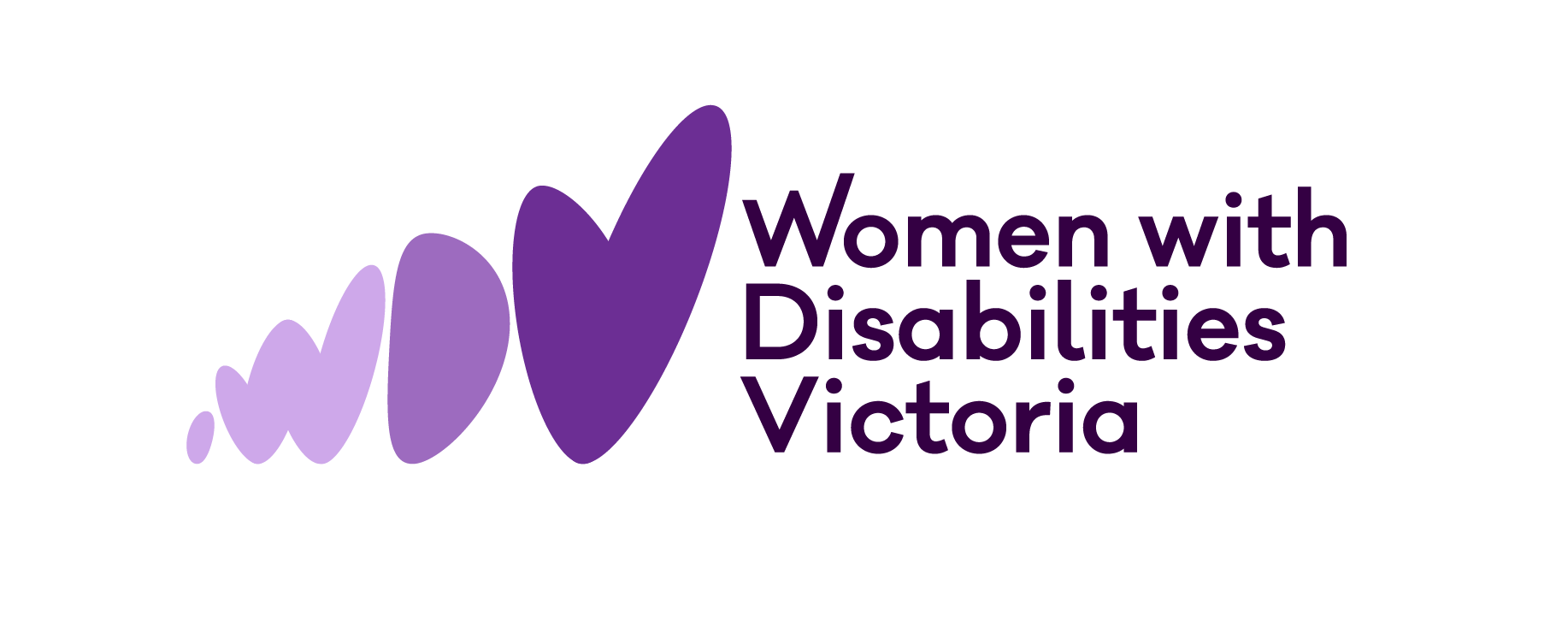Lifeline is looking for women*[i] with disabilities to take part in a filmed panel discussion about emotional/psychological abuse.
The requirements for Expressions of Interest are below. If you are interested to contribute to the panel discussion, please send the following information to me, Sue Salthouse, M: 0411157164, or [email protected]:
- Your name and contact details
- A paragraph outlining why you think you are the right person to be involved.
- A copy of your Curriculum Vitae (optional)
Deadline: The deadline for Expressions of Interest is 5pm, Sunday 28 April.
Successful applicants will be contacted on Monday 29 April.
Others will be contacted between April 30 and May 3.
Information about the Filming
Background: Under the National Plan to Reduce Violence Against Women and Their Children (National Plan), Lifeline has developed and runs a Domestic and Family Violence Response Training course. Called DV-alert, the course is designed to build capacity in frontline workers within the community and with allied health services for whom domestic & family violence is not a core function of their role. There are currently 5 separate streams of the DV-alert course. In 4 cases the course includes content about a particular marginalised group. The courses are: General, Indigenous, Multicultural, Refugee, and Disability. Other specialist versions are under development – working with Interpreters and working with men who use violence.
In the years since the DV-alert training was first started in 2007[ii], our understanding of the impact of emotional/psychological abuse has grown. It is recognised as a component of all forms of abuse. The Department of Social Services, which funds the National Plan, has asked Lifeline to develop a learning video which will be used to help DV-alert course participants to better understand the characteristics of emotional abuse.
Arrangements for the filming of this video are now underway. In this video, a panel comprising 3 women with disabilities who have experienced emotional abuse will discuss the nature of this form of abuse with facilitator, Sue Salthouse. Use of the panel format has been chosen, rather than a one-on-one interview, to enable panellist to be more generalist in their comments, rather than drawing entirely on their individual experiences. The video will be copyright to Lifeline and will be used across all the streams of DV-alert, including in its e-learning course.
Lifeline now seeks Expressions of Interest (EOI) from women* with disabilities who are willing to be participants on the panel. The criteria for submitting an EOI are below:
Expression of Interest Criteria
Nature of the work
- Panellists need to be available for filming, in Melbourne, on Tuesday, 7 May, from 10am to 4pm (approximately).
- The location of the film studio in Melbourne is to be confirmed
- Ideally we are looking for adult women* with disabilities who live in/near Melbourne, but do not rule out interstate panellists.
- Panellists need to be able to travel to the filming location.
- Lifeline will reimburse reasonable travel and accommodation costs. Reasonable costs for a support person, if needed, can also be met.
- Lifeline will pay a sitting fee for each panellist.
- Panellists need to be able to discuss the characteristics of emotional abuse. Likely panel questions are below
- A Lifeline facilitator with counselling experience will be present at the filming.
Scope of Emotional Abuse Panel Questions
- In your experience, how would you define emotional abuse?
- What was the process by which you began to realise what you were being subjected to emotional abuse?
- Can you give an example of the language that was used to exert that emotional abuse, or give an example of a situation in which the emotional abuse occurred?
- How would you describe the effect of this abuse on your psychological wellbeing?
- What message would you like to give to other women who might be experiencing emotional abuse?
- How would you like a frontline worker to respond when they recognise the signs of emotional abuse in a woman who comes to their service?
Our panel conversation will include the range of mechanisms used to exert power and control through emotional/psychological abuse.
[i] For this panel, the term ‘women’ includes women, non-binary and feminine identifying individuals
[ii] The first courses of DV-alert were known as DiVeRT.
